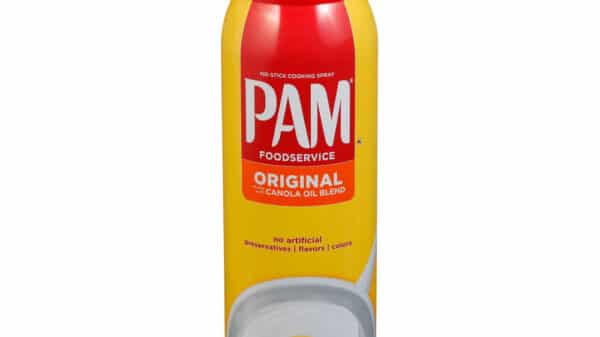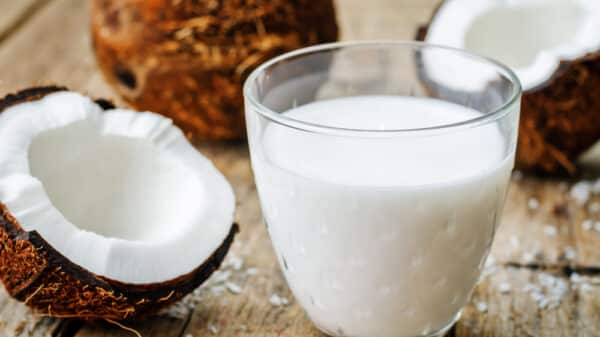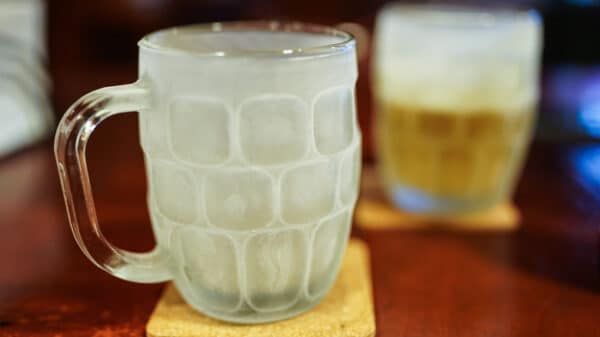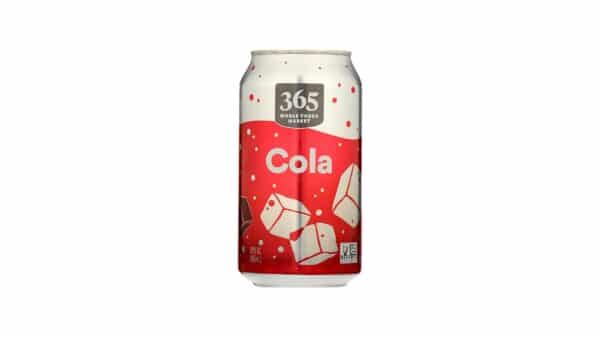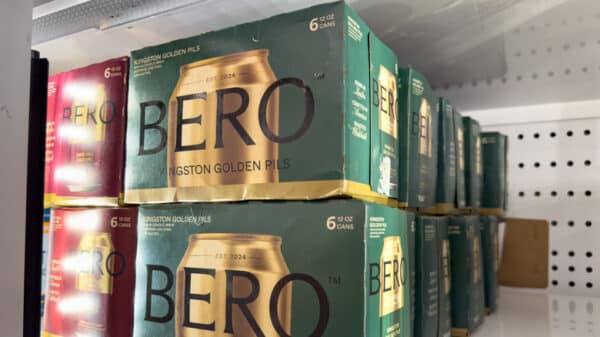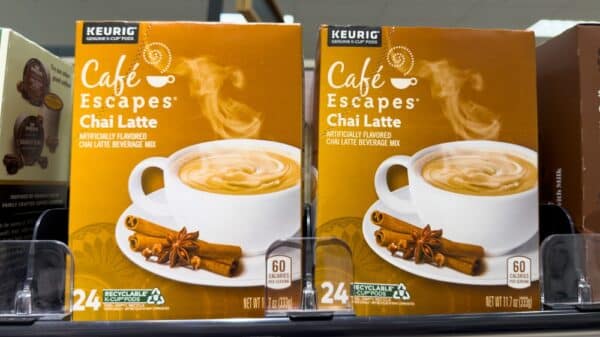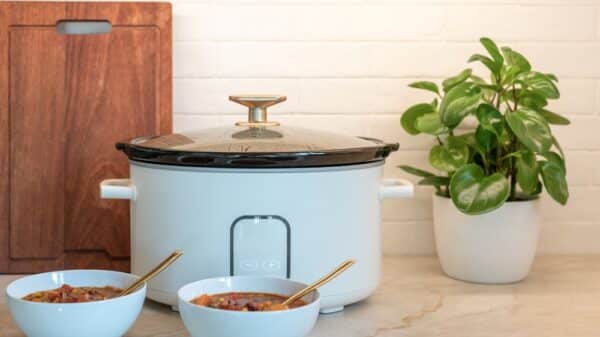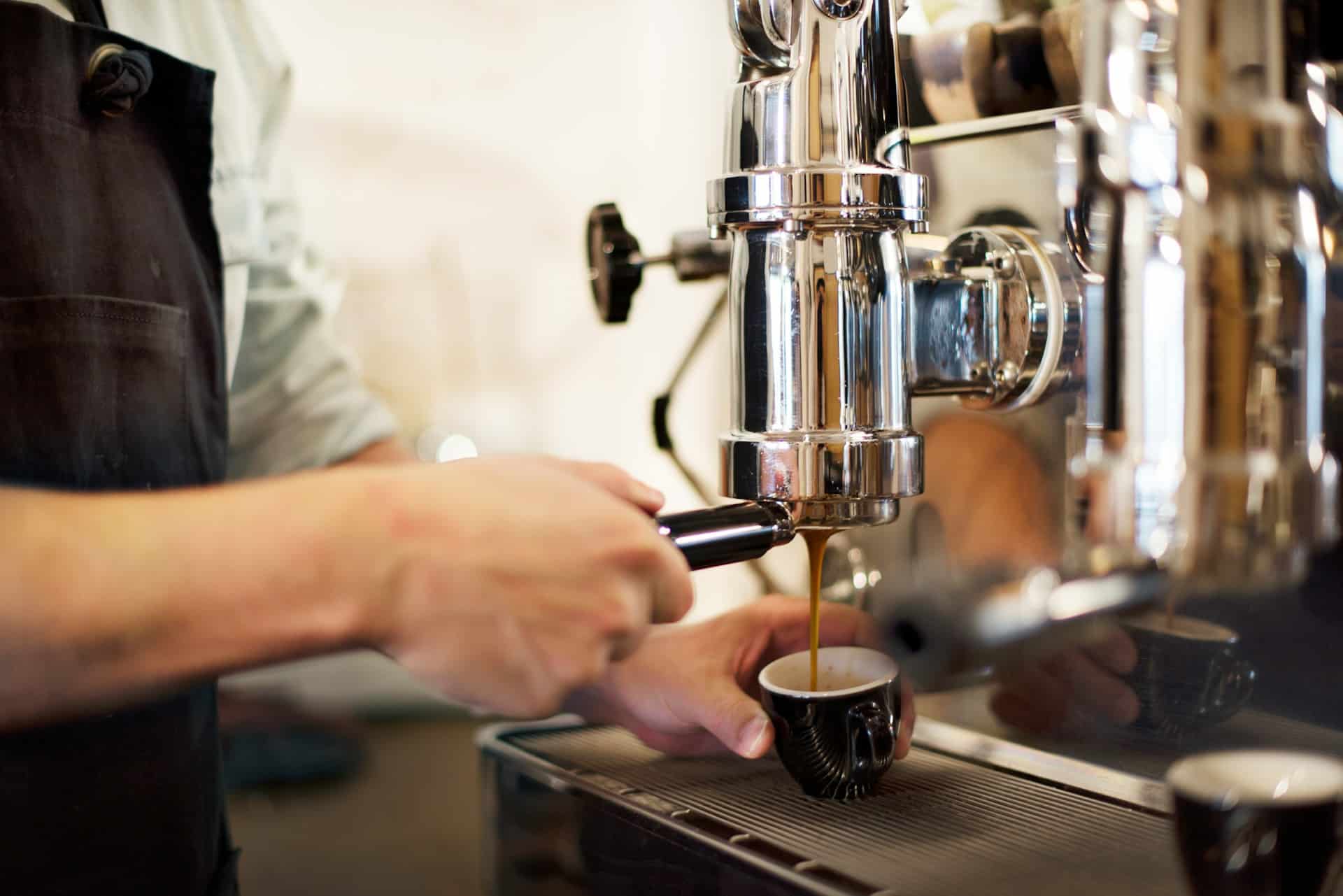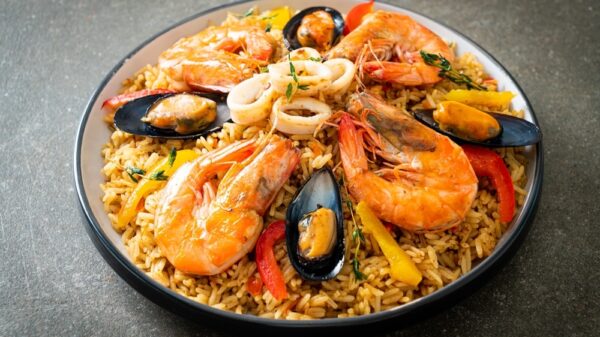Coffee isn’t just a popular beverage; it’s a commodity requiring significant resources to produce. This calls for a more sustainable approach not only in how we source coffee but also in how we enjoy it daily. As consumers become increasingly aware of their environmental footprint, practices that reduce waste become vital.
Repurposing Used Coffee Filters
One effective way to minimize waste is to repurpose used coffee filters. Traditional paper filters are often made from trees and may go through a bleaching process that harms the environment. Additionally, they are frequently packaged in plastic. This suggests that before tossing them away, we can find ways to use these filters again.
One interesting method involves using a used filter for a secondary brewing. After preparing your initial cup of coffee, save the filter. When you’re ready for another serving, simply place the filter in your cup, add 1-2 tablespoons of fresh coffee grounds, and pour hot water over it. This steeping method is reminiscent of tea brewing and allows for a simple yet effective reuse of coffee filters. While the coffee may not be as bold as fresh brews, the benefits to the environment outweigh this minor compromise.
Alternatively, filtering through the same used filter may still yield decent coffee if you’re careful. Just rinse, dry, and re-use! Again, the trade-off is a slightly lighter brew, but each reused filter reduces the consumption of new resources.
Exploring Alternative Brewing Methods
Besides reusing filters, there are many other coffee brewing methods that also support sustainability. One of the most effective changes you can make is to switch to metal filters, which are reusable and can be more economical in the long run. A stainless steel coffee filter, for instance, can fit in typical drip coffee machines and eliminates the need for paper altogether.
For those who enjoy pour-over coffee, investing in a reusable metal filter designed for products like the Chemex or V60 can offer a delightful brewing experience without waste.
Another excellent alternative is the French press. This classic brewing device doesn’t require any filters either, as it employs a plunger system that allows the coffee grounds to steep in boiling water. The flavor tends to be richer, and it can even be used for cold brew coffee, making it versatile.
For a unique experience, you might want to try using a phin filter, popular in Vietnamese coffee culture. Not only does it produce a wonderfully aromatic cup, but it also eliminates papery waste altogether.
Final Thoughts
Incorporating sustainable practices into your coffee routine isn’t just a matter of personal preference; it’s a responsibility toward our planet. By repurposing used coffee filters, exploring metal filters, and considering alternative brewing methods like the French press or phin filter, you can enjoy excellent coffee while making choices that benefit the environment. Every cup represents an opportunity to reduce waste and make environmentally conscious decisions, proving that small changes can lead to a more significant impact.
Image Source: Unsplash



